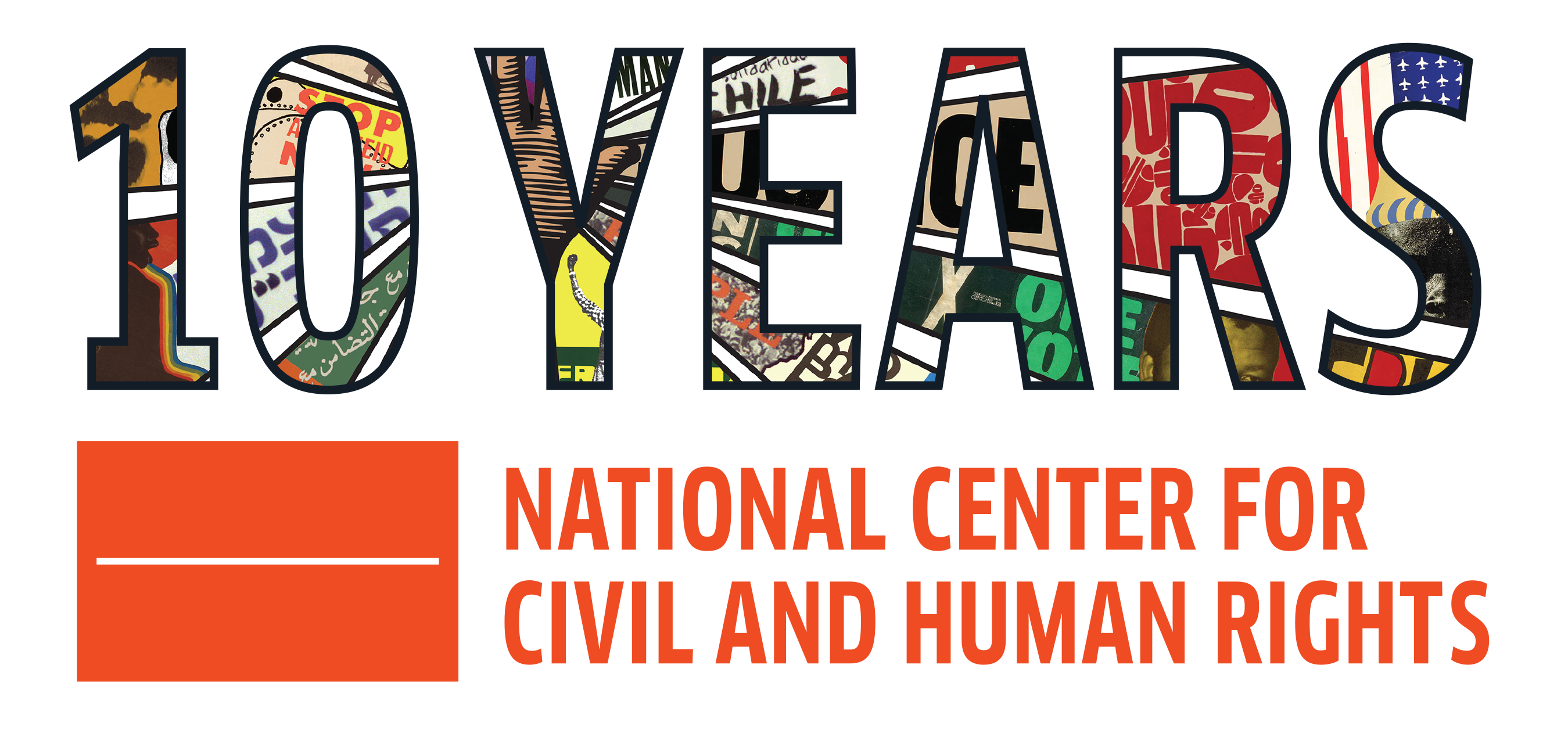Otherness
“Do you know who this is?” Kelli Edwards, the Center for Civil and Human Rights’s Program Manager, asked a group of young children circled around three tables.
Kelli held up a coloring page of Malala Yousafzai. The kids squinted, trying to get a closer look to see if they recognized the face printed on the page.
A few eager “no”s were shouted in reply as the children waited to hear more.
“This is Malala Yousafzai, and she’s a very brave girl,” Kelli said. “She’s also a Muslim.”
As I sat among the children attending Interfaith Youth Day at The Center, I watched the ease with which their receptive minds accepted the story of a girl who was different than them.
That’s the thing about kids, they often don’t notice a difference until one is pointed out to them. And if they do notice a dissimilarity, they rarely perceive it in a negative light.
More each day, I find myself noticing the ways I have been taught to fear “otherness.” I’ve started realizing my tendency to view people based on who they are in relation to me, instead of regarding them simply for who they are.
In the midst of beginning the work of undoing these ingrained behaviors within myself, I’ve learned that the most difficult part is not the effort required, it’s the unnerving feeling of being unable to trace the origin of my learned biases.
Just because the fear of “otherness” isn’t always taught intentionally, doesn’t make its impact less potent.
Imagine if we kept having simple, affirmative conversations with kids about people like Malala Yousafzai.
Imagine if we taught them the intrinsic value of every human being independent of another. Imagine the effect those conversations could have on our own deep-set discrimination.
Imagine the healing to come.

